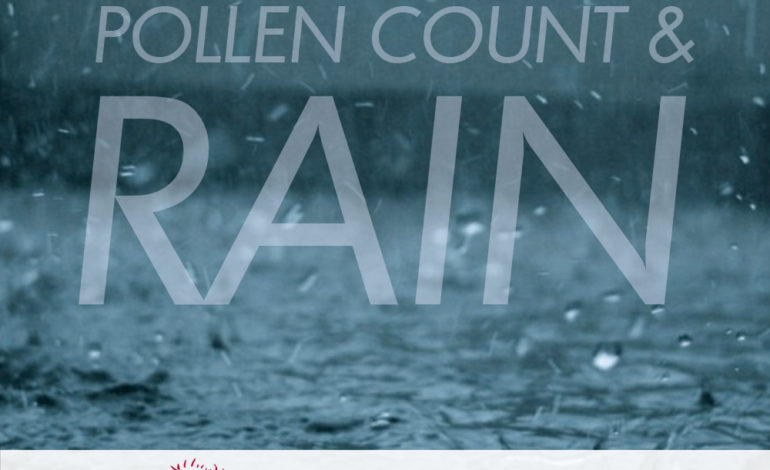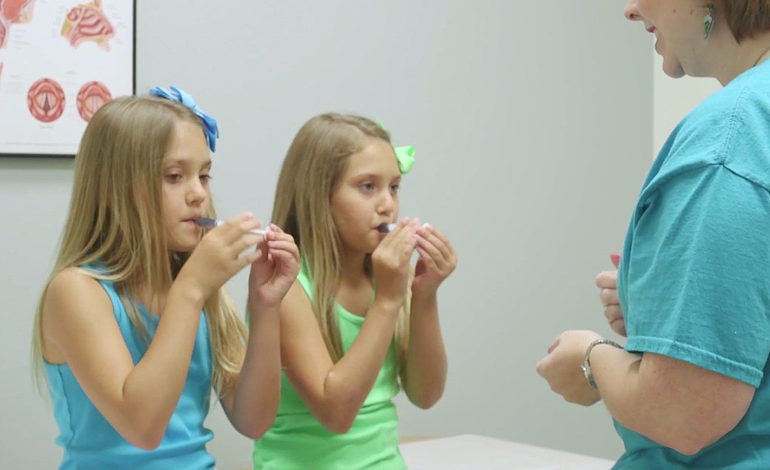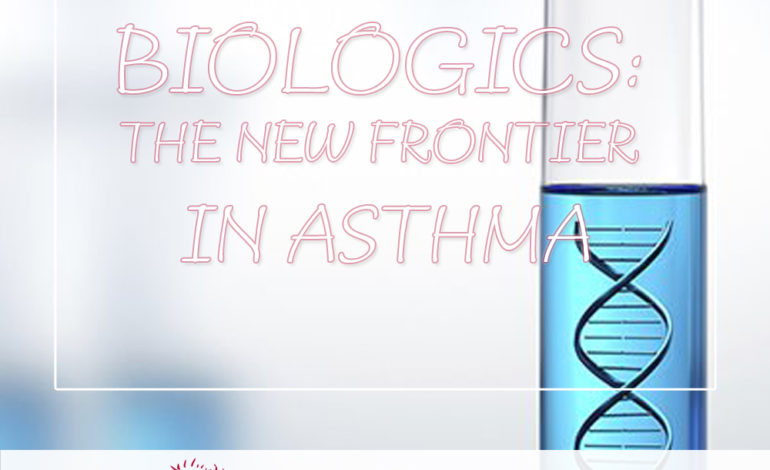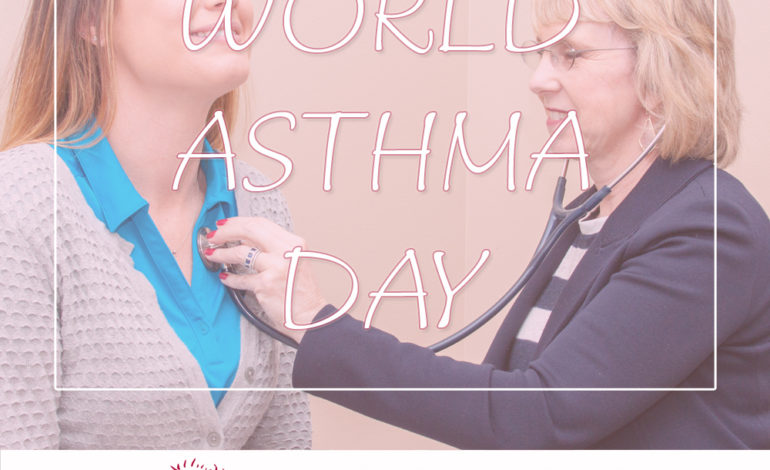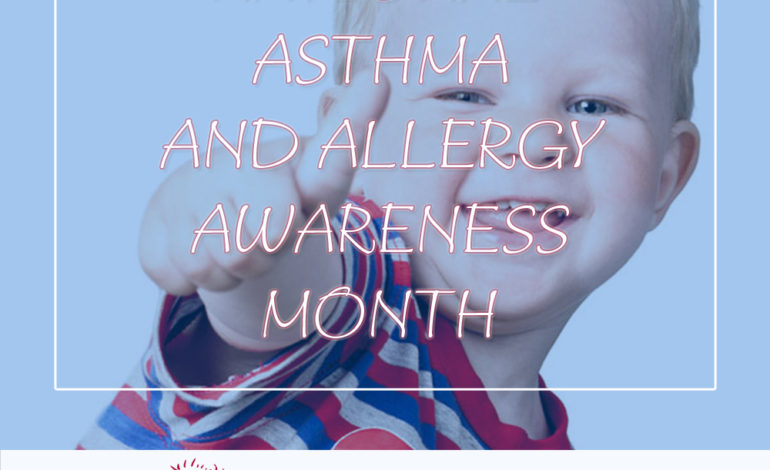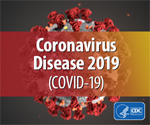How To Avoid Stinging Insects Stinging insects do not seek sustenance from humans, as do the biting insects, such as mosquitoes, flies and fleas. The sting of these insects is only used against people for self-defense or defense of the nest. Honeybees These bees travel in a straight line from flower to hive, and stings usually occur when someone interrupts a bee in flight, or strikes a flower in which a bee is working. Honeybees are attracted by flower fragrances, bright colors and smooth water surfaces. Fragrant perfumes, colognes and powders also act as attractants. The fragrance of some house paints has been known to act as an excitant to honeybees and cause them to behave aggressively. For safety, clothing should be light in color. Hair should be short or tied up during the warm months to avoid entanglements that cause stings. If a person is stung and cannot identify the insect, see if the stinger is embedded in the sting site. If it is, chances are the sting was from a honeybee. Wasps, Yellow Jackets and Hornets Wasps feed on the larvae of other insects, which they kill with repeated stings. The stinger is not embedded in the sting site. The adult wasp lives on juices, sap and nectar; it is attracted by odors such as spoiling foods, soft drinks, fruit juices, leather, perspiration, bright colors and a water supply. Yellow jackets make their nests in the ground, and the paper hornets’ nests may be close to the ground or high above it. Both of these stinging insects are, therefore, particularly hazardous to bare feet and ankles. General rules for avoidance and removal The first rule when a stinging insect approaches is to STAY STILL. Remember, people who keep bees professionally wear protective clothing AND ALWAYS MOVE SLOWLY. Never slap or brush off an insect of this kind. It will not sting unless frightened or antagonized. Be careful when you shake out clothing that has been left on the ground. Wasps or other stinging insects could be in the folds of the clothing. Avoid orchards in bloom, clover...





